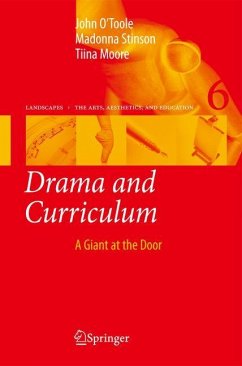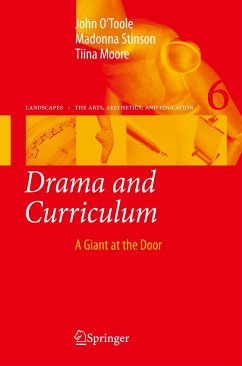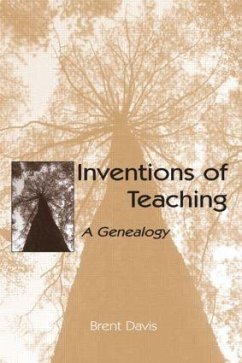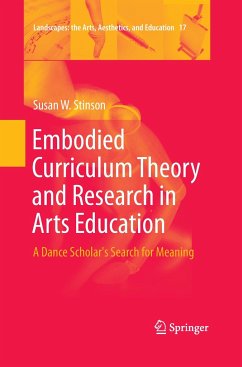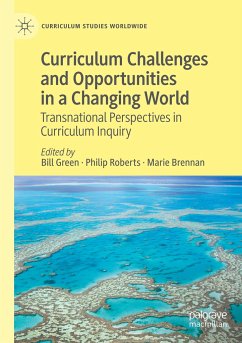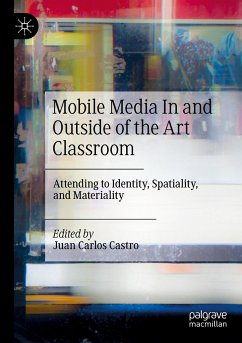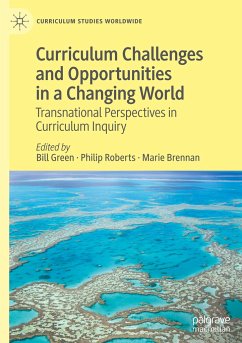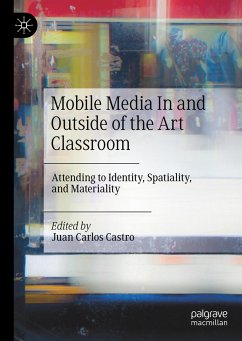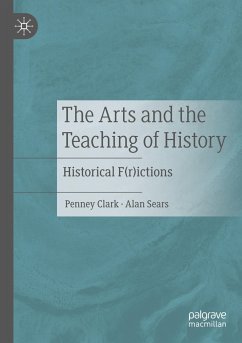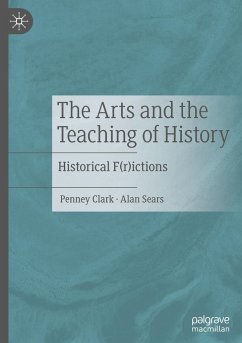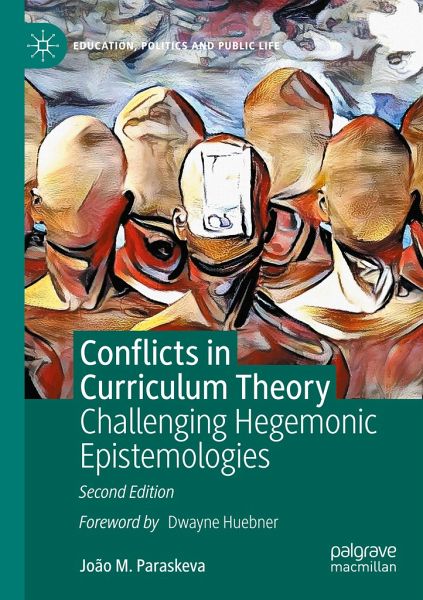
Conflicts in Curriculum Theory
Challenging Hegemonic Epistemologies
Versandkostenfrei!
Versandfertig in 6-10 Tagen
23,99 €
inkl. MwSt.
Weitere Ausgaben:

PAYBACK Punkte
12 °P sammeln!
Since its original publication, Conflicts in Curriculum Theory has firmly established itself as the key volume that not only advanced alternative ways to think about education and curriculum but also introduced innovative scholarship and a radical conceptual grammar for the field. In this revised second edition, Paraskeva addresses current epistemological shifts and avenues within and beyond counter-dominant Eurocentric curriculum perspectives. In this second edition, which includes a new introduction, he provides a critical examination of the modern Eurocentric curriculum and introduces reade...
Since its original publication, Conflicts in Curriculum Theory has firmly established itself as the key volume that not only advanced alternative ways to think about education and curriculum but also introduced innovative scholarship and a radical conceptual grammar for the field. In this revised second edition, Paraskeva addresses current epistemological shifts and avenues within and beyond counter-dominant Eurocentric curriculum perspectives. In this second edition, which includes a new introduction, he provides a critical examination of the modern Eurocentric curriculum and introduces readers to new theoretically rich concepts of "curriculum momentism," "curriculum involution", and "curriculum Occidentosis", pushing the curriculum debate far beyond the classical Eurocentric matrix.





